Associate
- Joined
- 18 Dec 2008
- Posts
- 429
I need to replace my aging Drobo5n as it is no longer supported.
In the meantime, I have just been using an old X99 PC running TrueNAS Scale which is working great but consumes 100W at idle and the HDD’s are slowly beginning to fail as they are over 5 years old.
My Case a Thermaltake Core W200 has as space for loads of HDD’s but they are difficult to remove on the secondary chassis as they don’t have backplane resulting in a mess of tangled wires and inaccessible drives.
I have been looking at the QNAP TS-932PX-4G 9 Bay (5 + 4) Desktop NAS Enclosure as it ticks most of the boxes however it does not use ZFS but EX4. I like ZFS as it has detected 3 failing drives before even SMART noticed it so far.
I have thought about building a custom NAS but I couldn’t find a decent case that wasn’t silly money, had poor reviews or too big.
My budget it around £700.
What are your recommendations Overclockers?
In the meantime, I have just been using an old X99 PC running TrueNAS Scale which is working great but consumes 100W at idle and the HDD’s are slowly beginning to fail as they are over 5 years old.
My Case a Thermaltake Core W200 has as space for loads of HDD’s but they are difficult to remove on the secondary chassis as they don’t have backplane resulting in a mess of tangled wires and inaccessible drives.
I have been looking at the QNAP TS-932PX-4G 9 Bay (5 + 4) Desktop NAS Enclosure as it ticks most of the boxes however it does not use ZFS but EX4. I like ZFS as it has detected 3 failing drives before even SMART noticed it so far.
I have thought about building a custom NAS but I couldn’t find a decent case that wasn’t silly money, had poor reviews or too big.
My budget it around £700.
What are your recommendations Overclockers?


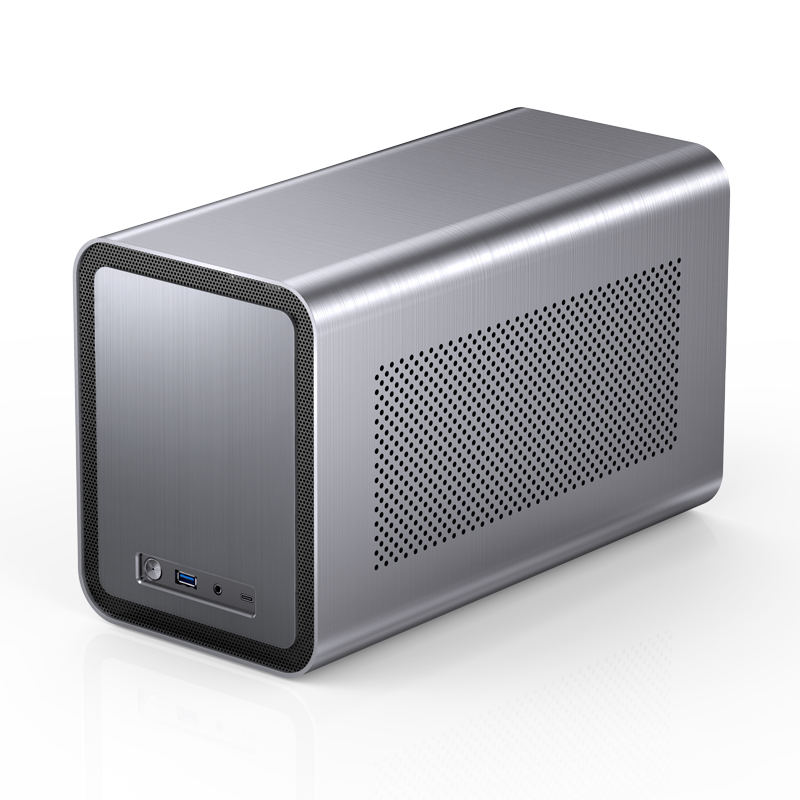
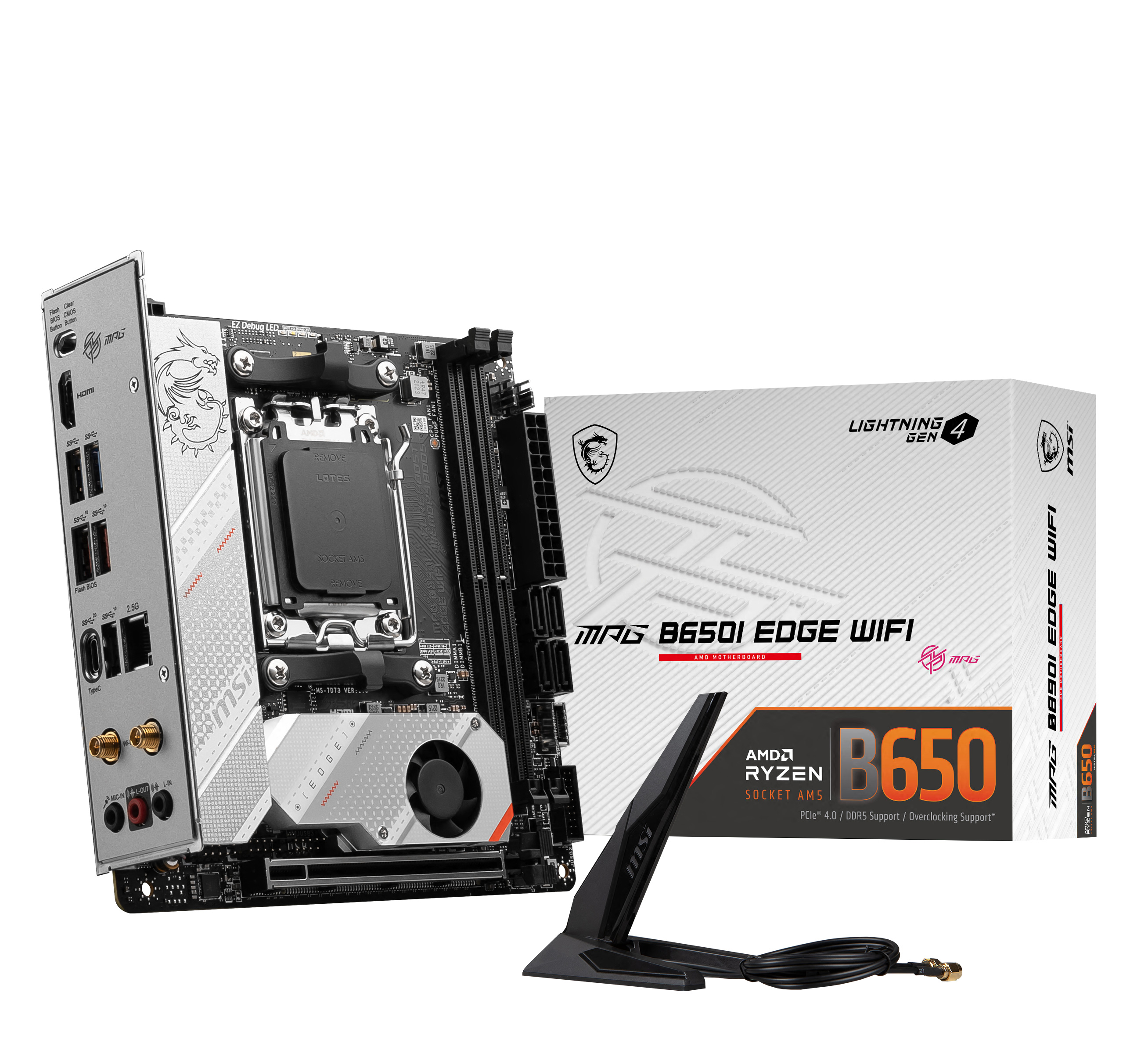
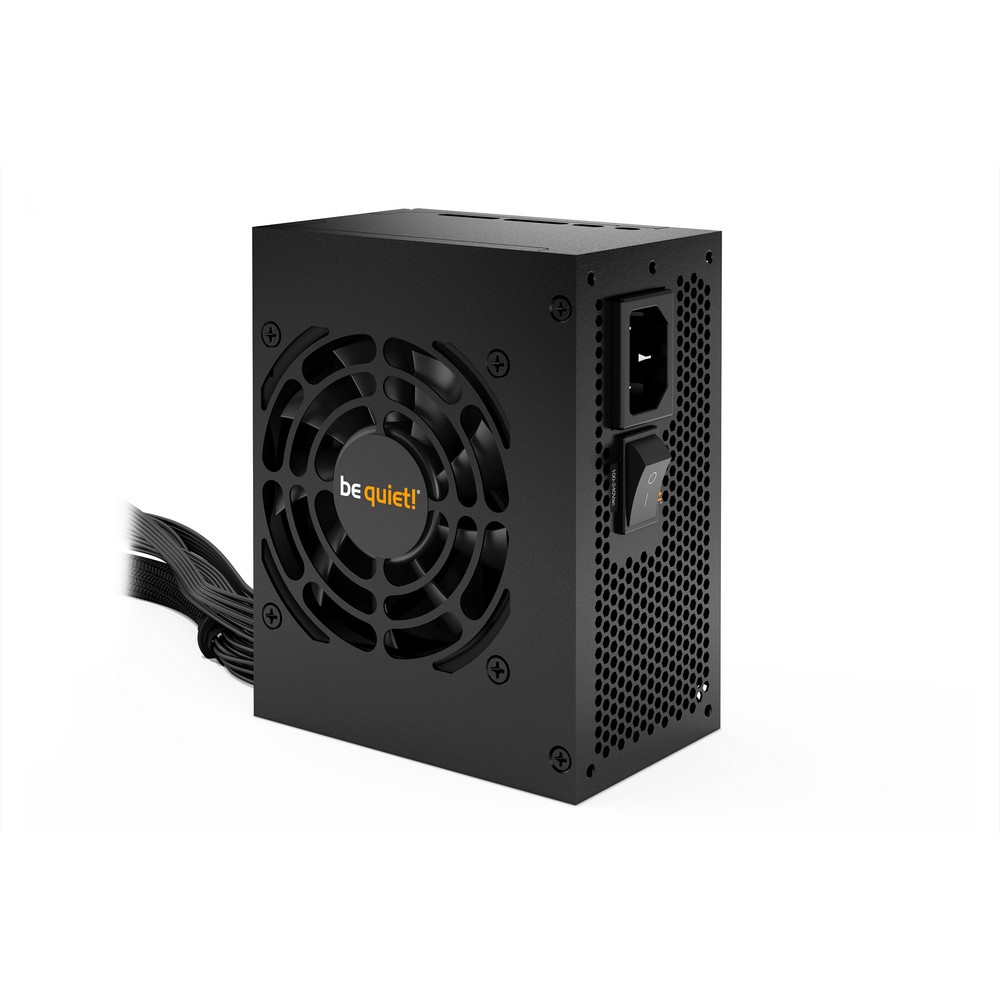
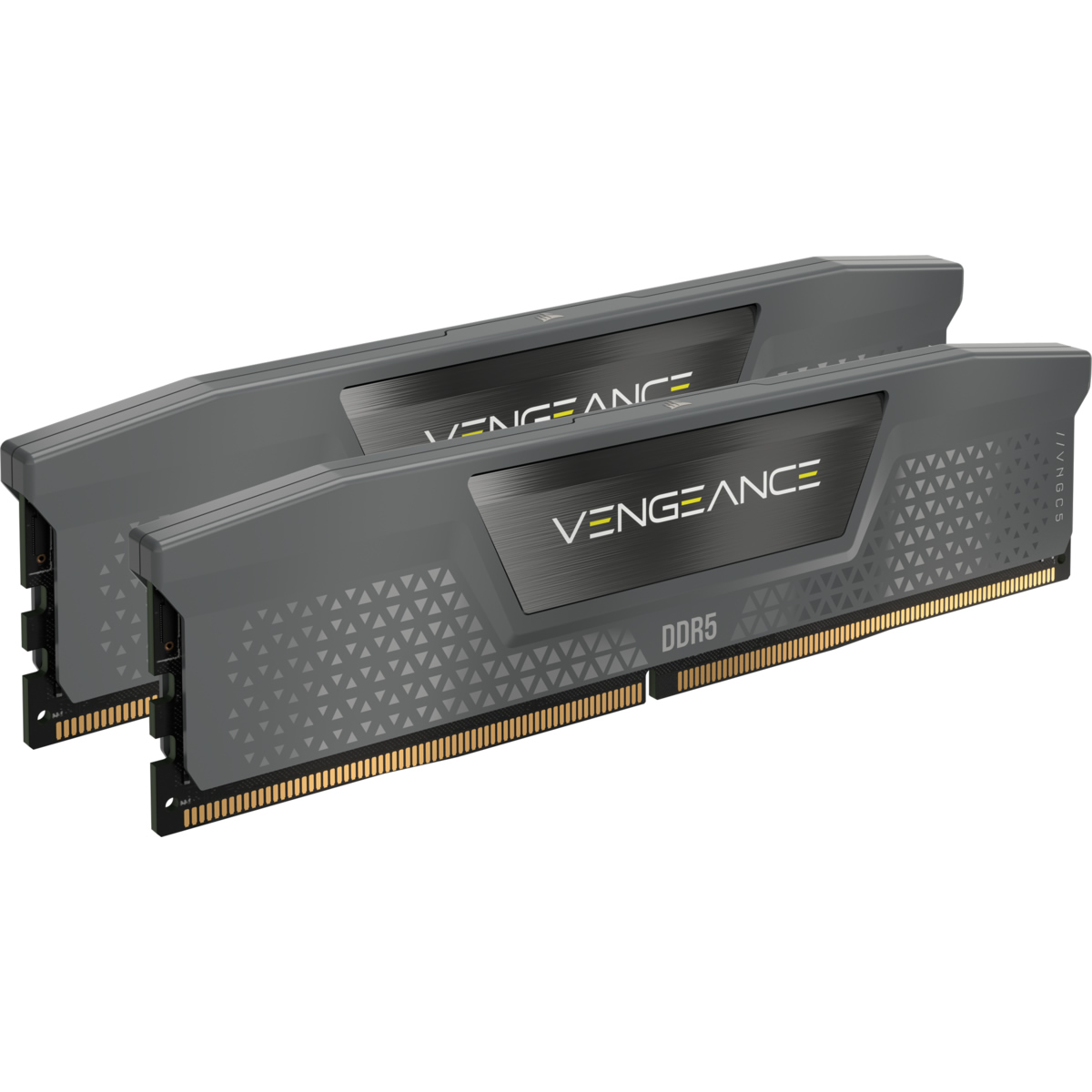
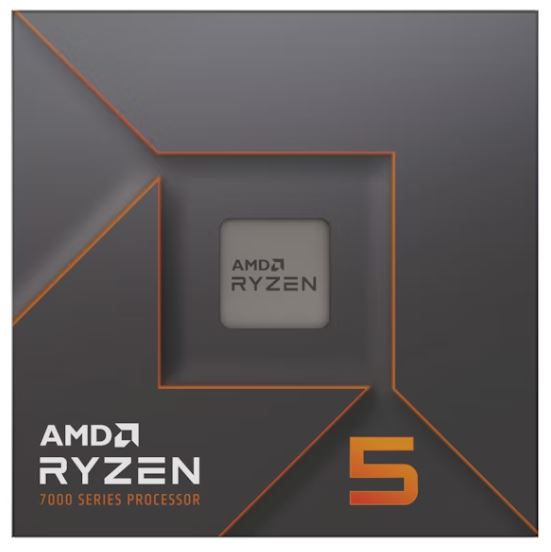


 Realistically £12-13 odd a month isn’t huge for a server.
Realistically £12-13 odd a month isn’t huge for a server.